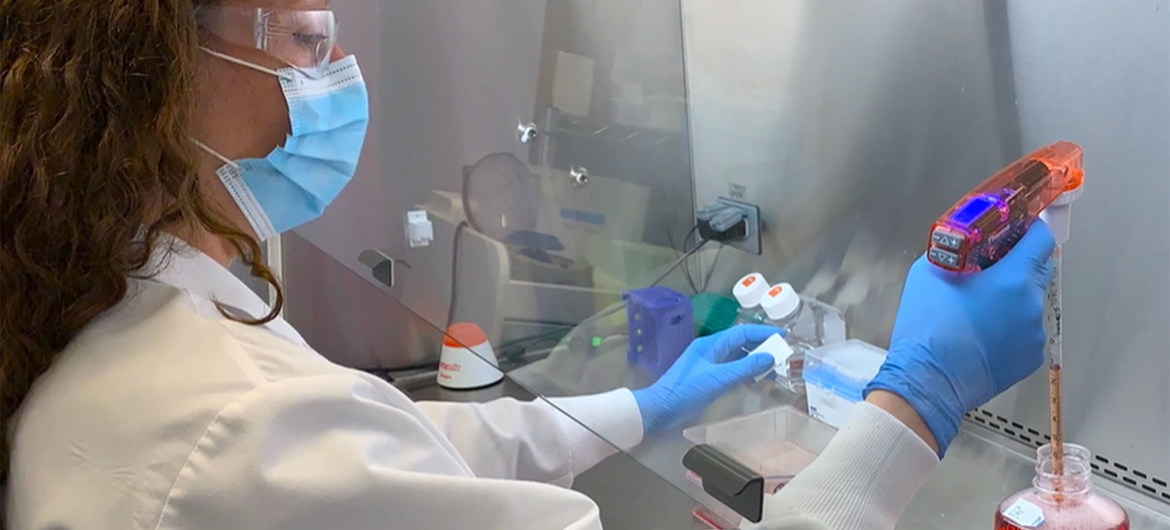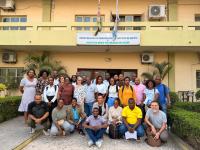WHO backs COVID-19 treatment with monoclonal antibody drug cocktail

The World Health Organization has recommended the combined use of the drugs casirivimab and imdevimab, which use monoclonal antibodies, to treat selected cases of COVID-19.
"This is a major advance in the care of patients with COVID-19," said Janet Diaz, head of clinical care at the U.N. agency.
The antibody therapy received emergency use authorization in the United States in November last year after it was used to treat former President Donald Trump. The treatment can cost thousands of dollars if it is not covered by insurance.
According to the UN agency, intervention with these drugs should be reserved for patients with mild or moderate symptoms, but with a high risk of ending up hospitalized because of comorbidities, or for those severe patients whose immune system does not produce antibodies, as it notes
"Although casirivimab and imdevimab achieve a substantial reduction in the relative risk of hospitalization, the benefit will be trivial or insignificant in absolute terms for all but the highest-risk cases, for whom the intervention should be reserved," the World Health Organization's therapeutic recommendations guide states.
It adds that the panel that studied the use of the drugs identified that the threshold at which most people would want to receive treatment is that of "greater than 10% risk of being hospitalized for COVID-19."
But in the absence of credible tools to predict the risk of hospitalization in people infected with COVID-19, the guidance notes that those most at risk are those who are unvaccinated, the elderly, or those with immunodeficiencies or chronic diseases, such as diabetes.
Negotiations to lower its price
Swiss drugmaker Roche has been working in partnership with Regeneron, which holds the patent, to produce the treatment.
UNITAID, a UN health agency, is negotiating directly with Roche to achieve lower prices and equitable distribution worldwide.
WHO has also been in discussions with the company for donation and distribution of the drug through UNICEF.
WHO's recommendations were based largely on data from a June British study of 9,000 patients, which found that the therapy reduced deaths in hospitalized patients whose immune systems had failed to produce a response.
"We are taking the information (from the British study) and generalizing it to other people," Dr. Diaz said. "We saw that there was a benefit that we think is significant."
The treatment was invented and developed last year, and is only being evaluated in relation to COVID-19. It is based on a class of drugs called monoclonal antibodies that mimic the natural antibodies produced by the human body to fight infection.



